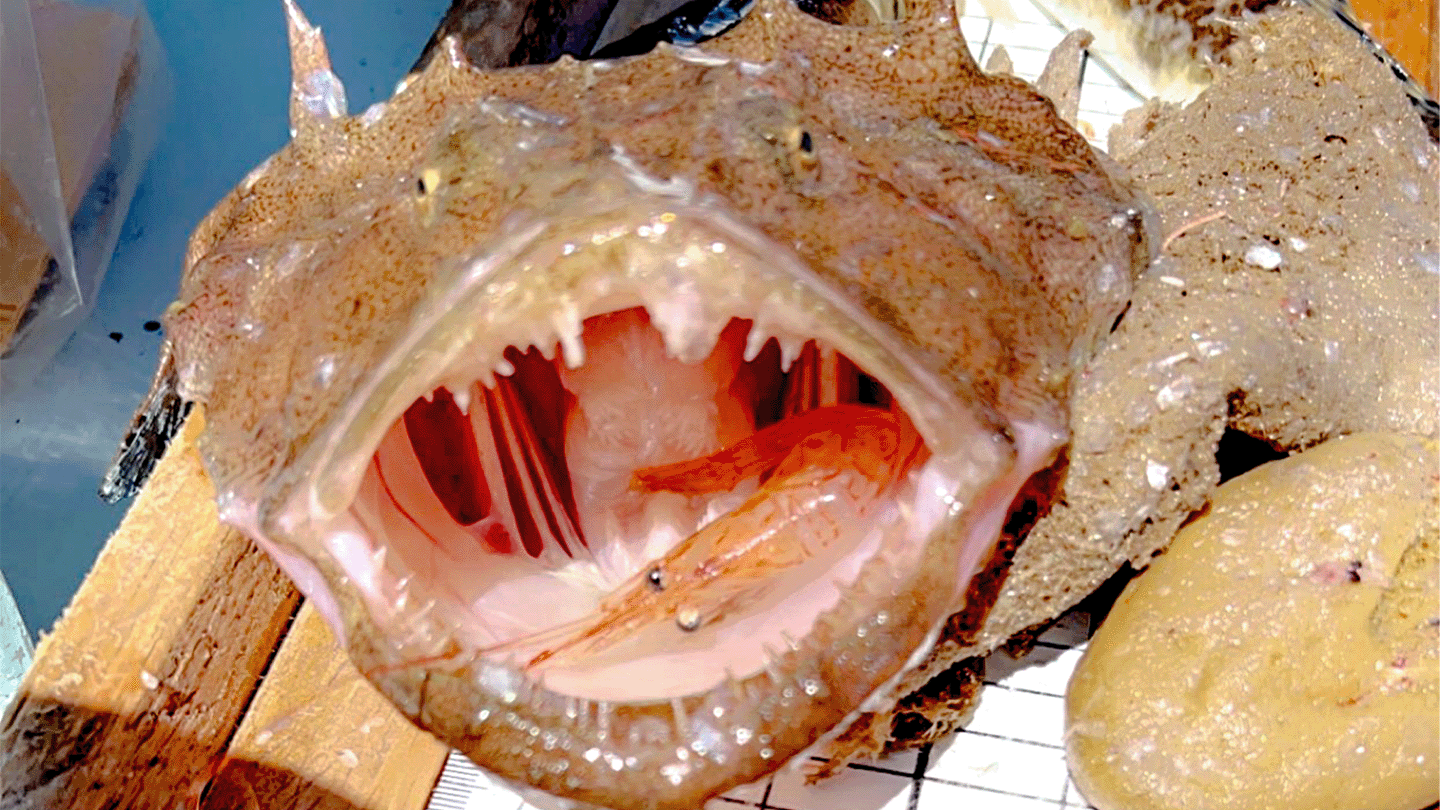
Understanding Squid and Food Chain Dynamics in the Gulf of Maine
By Stefania Irene Marthakis
“Maine-eDNA was one of my main inspirations to continue to study Zoology at the University of Maine, Decorey Bolton Jr. said. “I’m especially interested in animal’s behavioral patterns, how different environmental factors are affecting their movement patterns, and their interactions with other animals.”

DeCorey Bolton Jr. is an alumni and now graduate student in Zoology at the University of Maine (UMaine) and research assistant on the NSF EPSCoR RII Track-1 Maine-eDNA grant, advised by both Erin Grey (UMaine Assistant Professor of Aquatic Genetics) and Andrew Rominger (UMaine Assistant Professor of Ecological Bioinformatics).
Before joining UMaine, Bolton worked as a Marine Biologist in Northwest Pacific Observatory for National Oceanic Atmospheric Administration (NOAA), collecting genetic movement and population data on the wildlife in Alaska, and monitoring the commercial fisheries industry to ensure compliance with environmental laws.
Currently, Bolton is conducting trawl surveys with Maine-eDNA and is collecting eDNA of the longfin squid (Loligo paealei) and the shortfin squid (Illex illecebrosus) from water samples, as well as water sampling at Index Sites (e.g., lakes, estuaries, coastal sites, marine sites) across Maine. The eDNA samples will then be sequenced using metabarcoding for taxa identification, compared to give a representative image of Maine’s aquatic environments, and studied to see how the movement patterns and the physiology of squids are changing in relation to the environmental stressors, such as the warming of the Gulf of Maine (GoM).
According to the Gulf of Maine Research Institute (GMRI), the GoM is warming faster than 97% of the world’s ocean surface. Squid, a cold-water species, are moving upwards toward Canada due to rising temperatures. Bolton’s research focuses on these questions: “How are these environmental factors directly impacting the squid’s environment and breeding season? And what ways can we help preserve the population of squid, since they are an important food source for several types of marine animals in the GoM?”
Many animals, such as whales, seals, dolphins, bluefish, swordfish, sea ravens, flounder, tuna, and sea birds depend on squid as their food source. Since squid is a keystone species, an organism that helps define an entire ecosystem, a decline in the squid population would dramatically affect the entire ecosystem in the GoM.
Bolton’s research also extends to the sustainability of fisheries. A decline in the squid population—more commonly known as calamari when sold as a food source for humans—also has a negative impact on the commercial fishing industry, which is a vital and lucrative business as well as culturally important to the state of Maine.
“What I would like people to take away from this research,” Bolton emphasized, “is the importance of every species that is within our environment, how vital a role they play in maintaining the balance of the ecosystem, and how we can mitigate the damages from the environmental effects that we, humans, have caused.”
